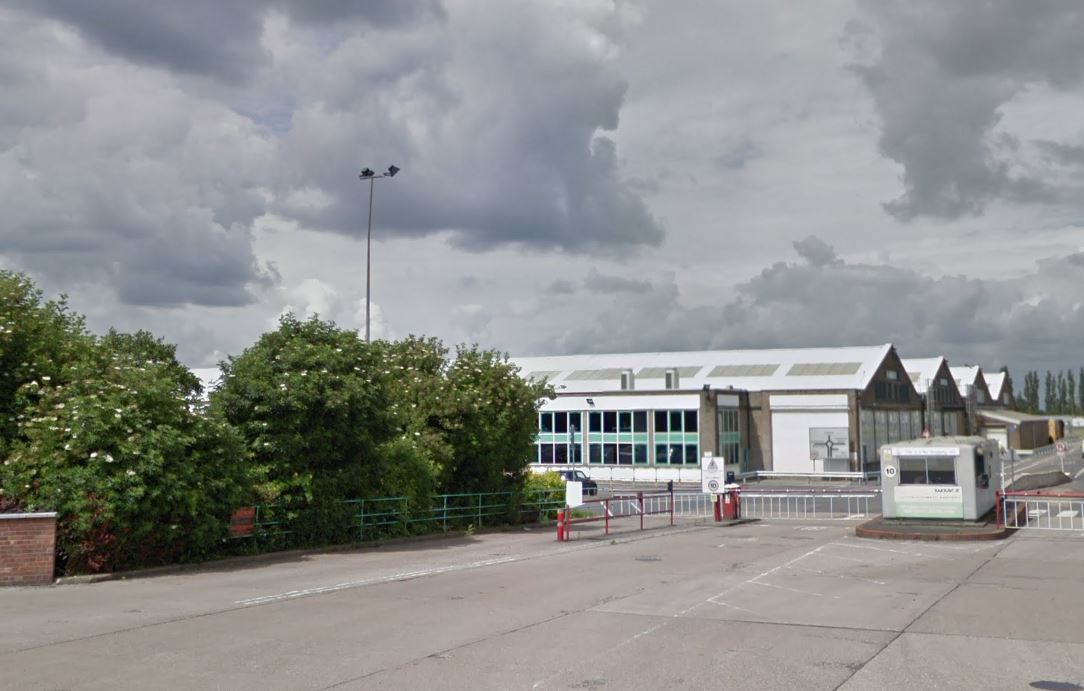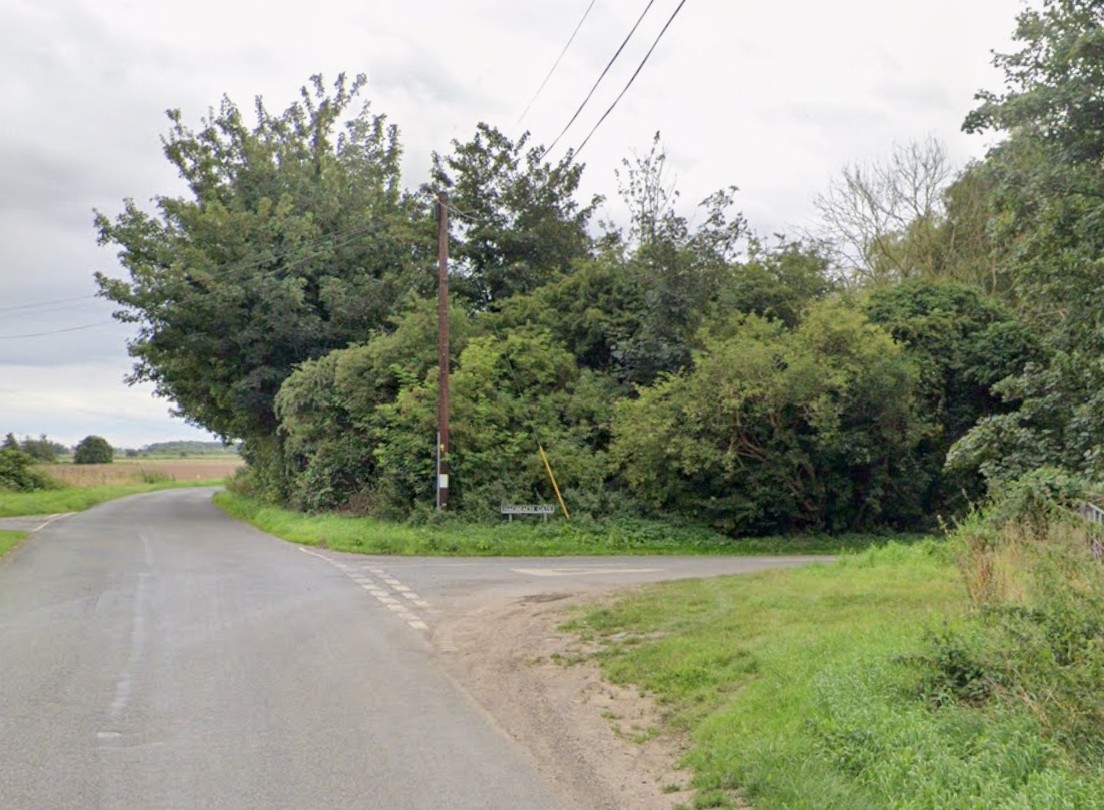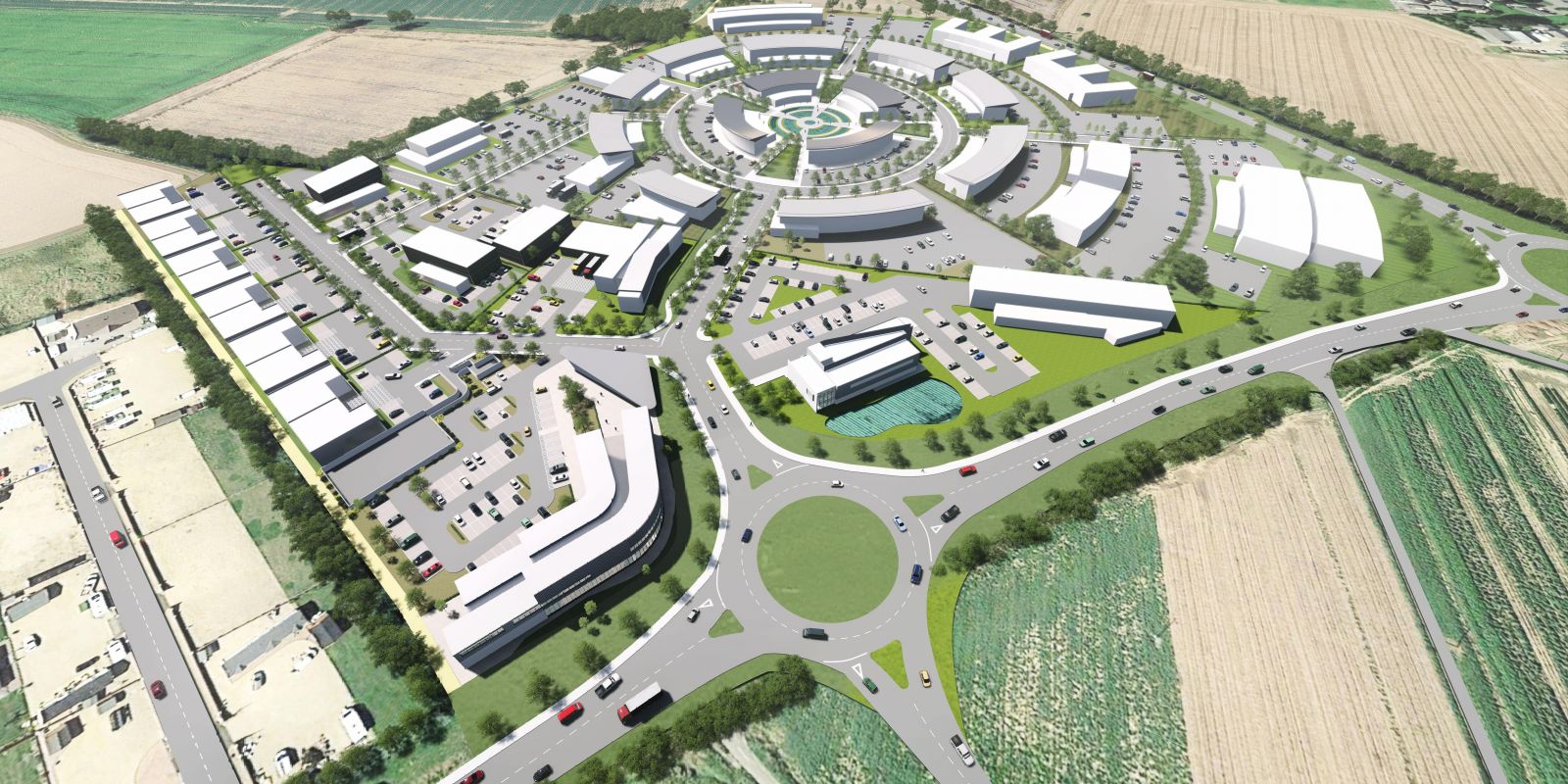It’s that time of year again with the run up to Christmas and the dust is settling from chancellor Philip Hammond and his third Budget.
According to “Feel good “Phil we can all look forward to Christmas as the era of austerity is finally coming to an end.
On taxation, the chancellor may well have pulled a rabbit out of the hat by bringing forward rises in the tax thresholds by a year.
From next April, the Personal Allowance will increase to £12,000, while the Higher Rate Threshold, when tax becomes payable at 40%, increases to £50,000.
Pull the other one Phil, as someone on £12,500, the increase is worth £130, but for those on £50,000 salaries it is worth £860 a year, although this is reduced to £520 once the National Insurance rise slipped in very quietly by the Treasury is taken into account.
The chancellor has taken his cue from forecasts produced by the independent Office for Budget Responsibility (OBR).
Hammond has said that the GDP would perform better next year that his forecast in his March Spring Statement growing by 1.6%.
Growth is then expected to be 1.4% in 2020 and 2021, 1.5% in 2022, and 1.6% in 2023.
Hammond has glossed over the fact that the economy this year would not perform as well as previously thought and that GDP would only grow by 1.3% not the 1.6% he expected in his Spring Statement.
On welfare, the chancellor, still ignoring critics, said that Universal Credit was here to stay.
On public spending, the increase in spending on the NHS has been on the cards for sometime now and it feels more like a standstill budget for our NHS and some government departments will get less. It’s clear that more resources are urgently needed.
In a TUC report, which featured new analysis by the NHS Support Federation, showed that in the last five years the number of patients accessing mental health services in England had risen by a third, or 540,000 people.
However over the same period the number of nurses, doctors and beds in the country had fallen.
So where is the end to austerity? The Budget does not undo the austerity that has devastated public services, and it lacks the investment needed to speed up wage growth after the longest pay squeeze in 200 years.
This has to be key to the fall in capacity as we see nurses leaving the service for better pay.
There has to be a better way?
Rodney Sadd
Carrington Road, Spalding






